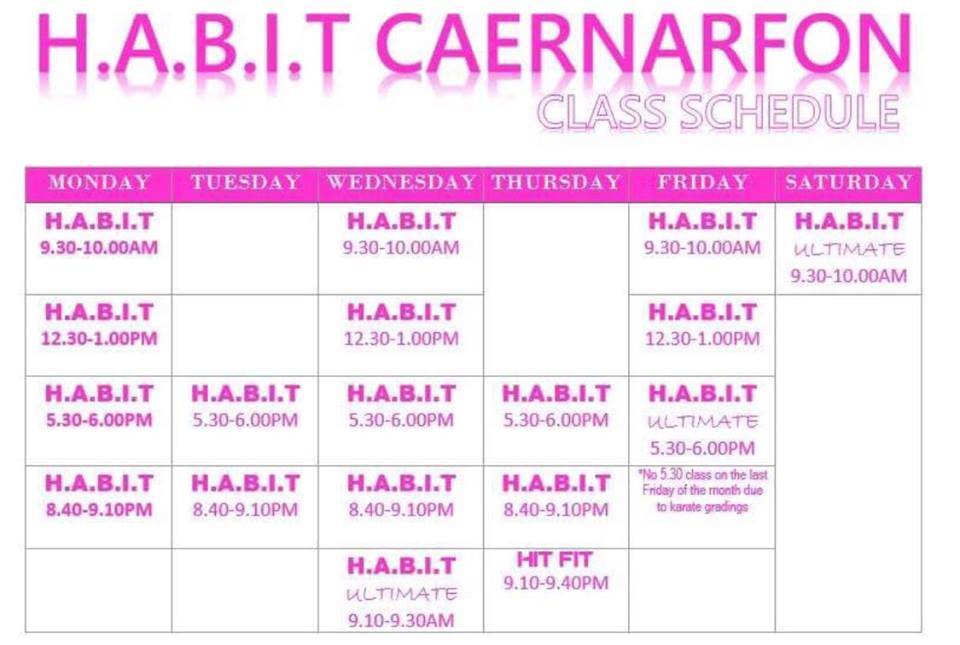

Managers spend a lot of time, “putting out fires” and doing reactive work. The manager’s schedule may be planned for them by a secretary or assistant. Many of those slots are used for meetings, calls, or emails. What’s the Difference?Ī manager’s day is, as a rule, sliced up into tiny slots, each with a specific purpose decided in advance. It requires consideration of the way we structure our time. From Graham’s distinction between makers and managers, we can learn that doing creative work or overseeing other people does not necessitate certain habits or routines. Paul Graham of Y Combinator first described this concept in a 2009 essay. The two wildly different workdays of Murakami and Vaynerchuk illustrate the concept of maker and manager schedules. What we can learn from reading about the schedules of people we admire is not what time to set our alarms or how many cups of coffee to drink, but that different types of work require different types of schedules. Getting up at 4 am does not make someone an acclaimed novelist, any more than splitting the day into 15-minute segments makes someone an influential entrepreneur. The numerous articles we have all read about the schedules and routines of successful people like these often miss the point. It is a scaffolding on which a worker can stand and labor with both hands at sections of time.” - Annie Dillard, The Writing Life What we do with this hour, and that one, is what we are doing. “How we spend our days is, of course, how we spend our lives. In short, his day, for the most part, involves managing, organizing, and instructing other people, making decisions, planning, and advising.

During the moments between meetings and calls, he posts on just about every social network in existence and records short segments of video or speech. He describes his day (which begins at 6 am) as being broken into tiny slots, mostly comprising meetings, which can be as short as three minutes.

In contrast, consider the schedule of an entrepreneur, speaker, and writer Gary Vaynerchuk. Murakami is known for his strict adherence to this schedule. Once the writing is done, he spends his afternoons running or swimming, and his evenings, reading or listening to music before a 9 pm bedtime. When he’s working on a novel, he starts his days at 4 am and writes for five or six continuous hours. Consider the daily schedule of famed novelist Haruki Murakami.


 0 kommentar(er)
0 kommentar(er)
